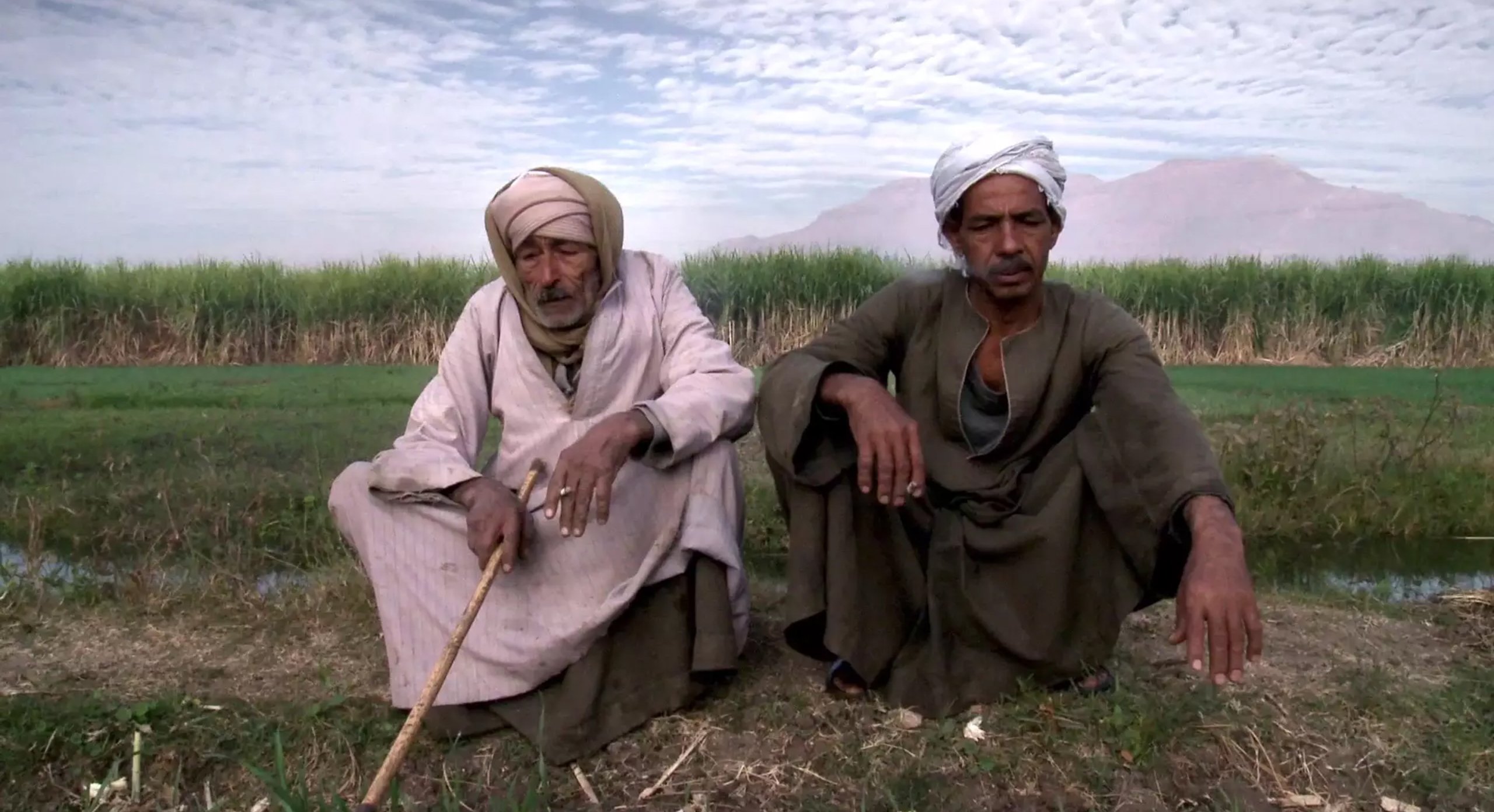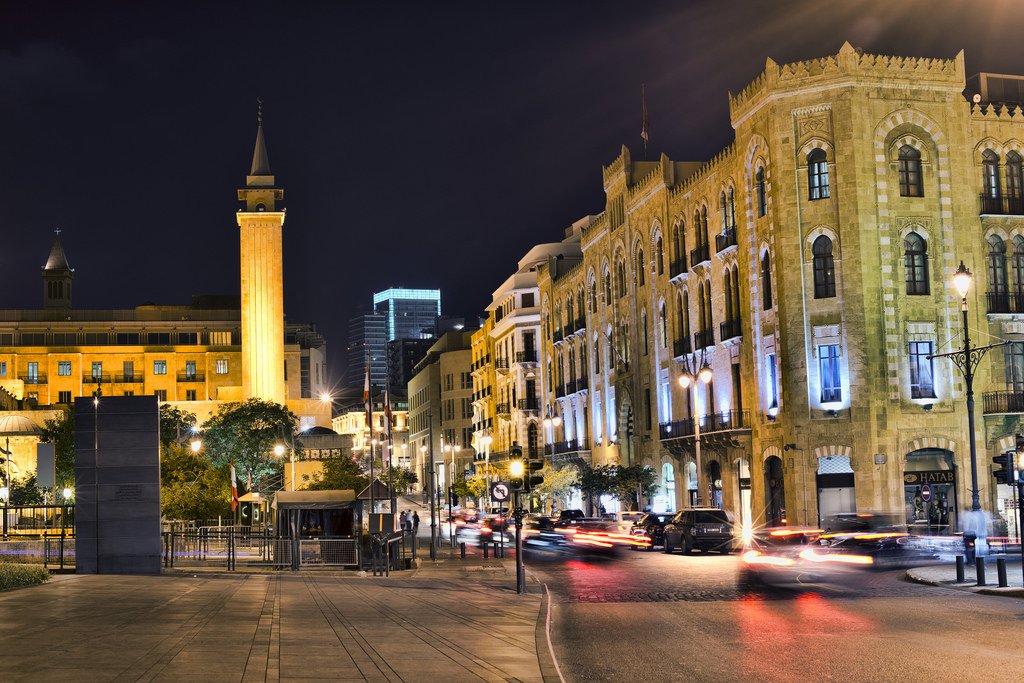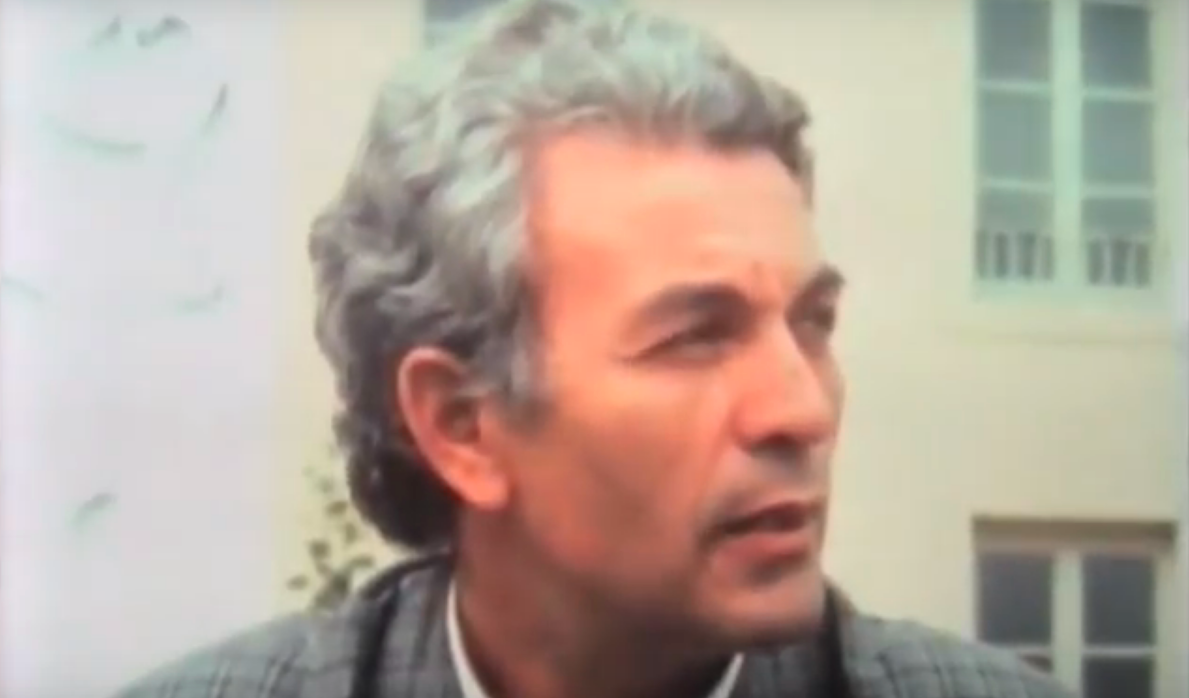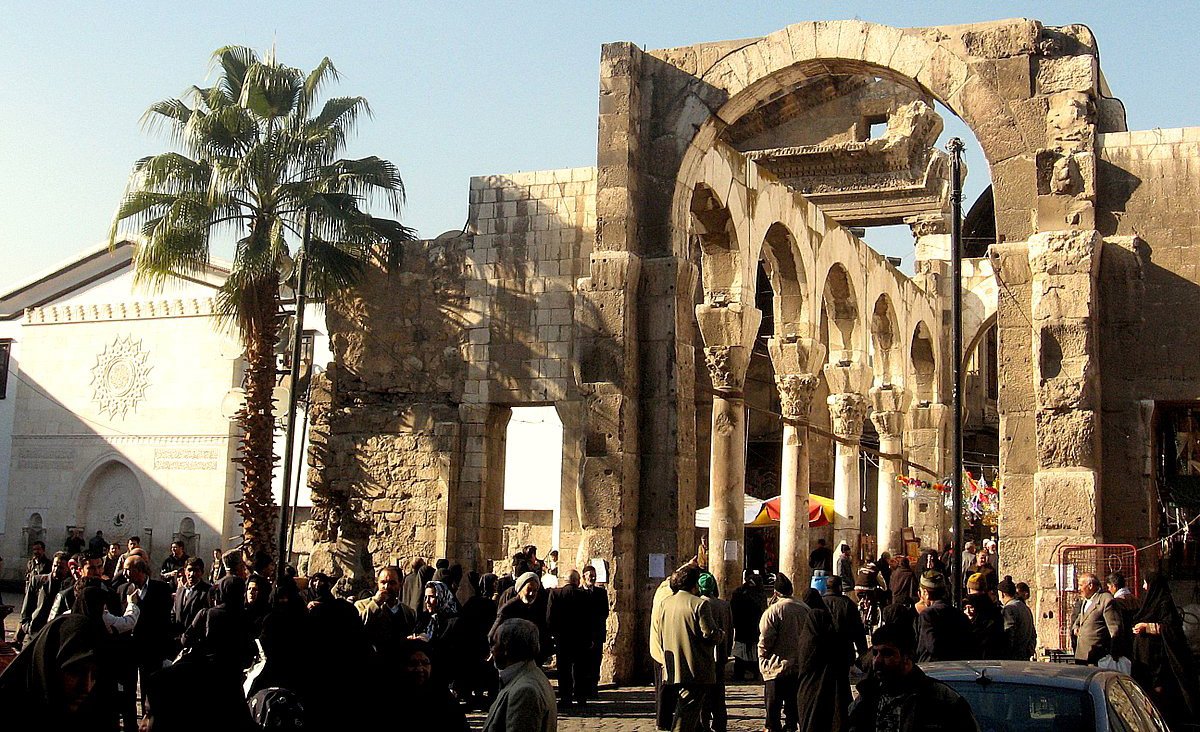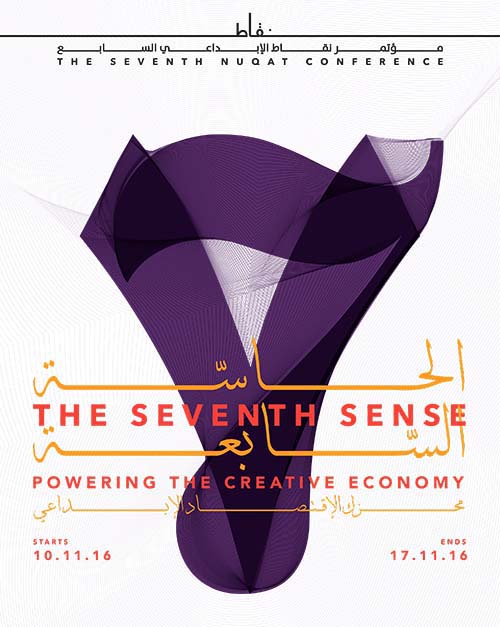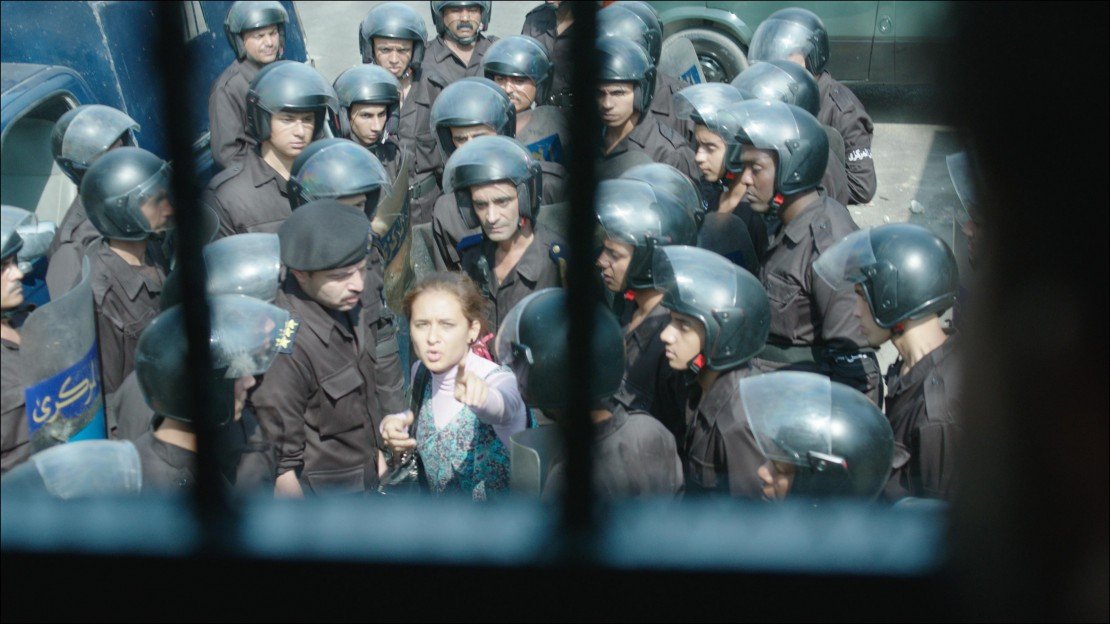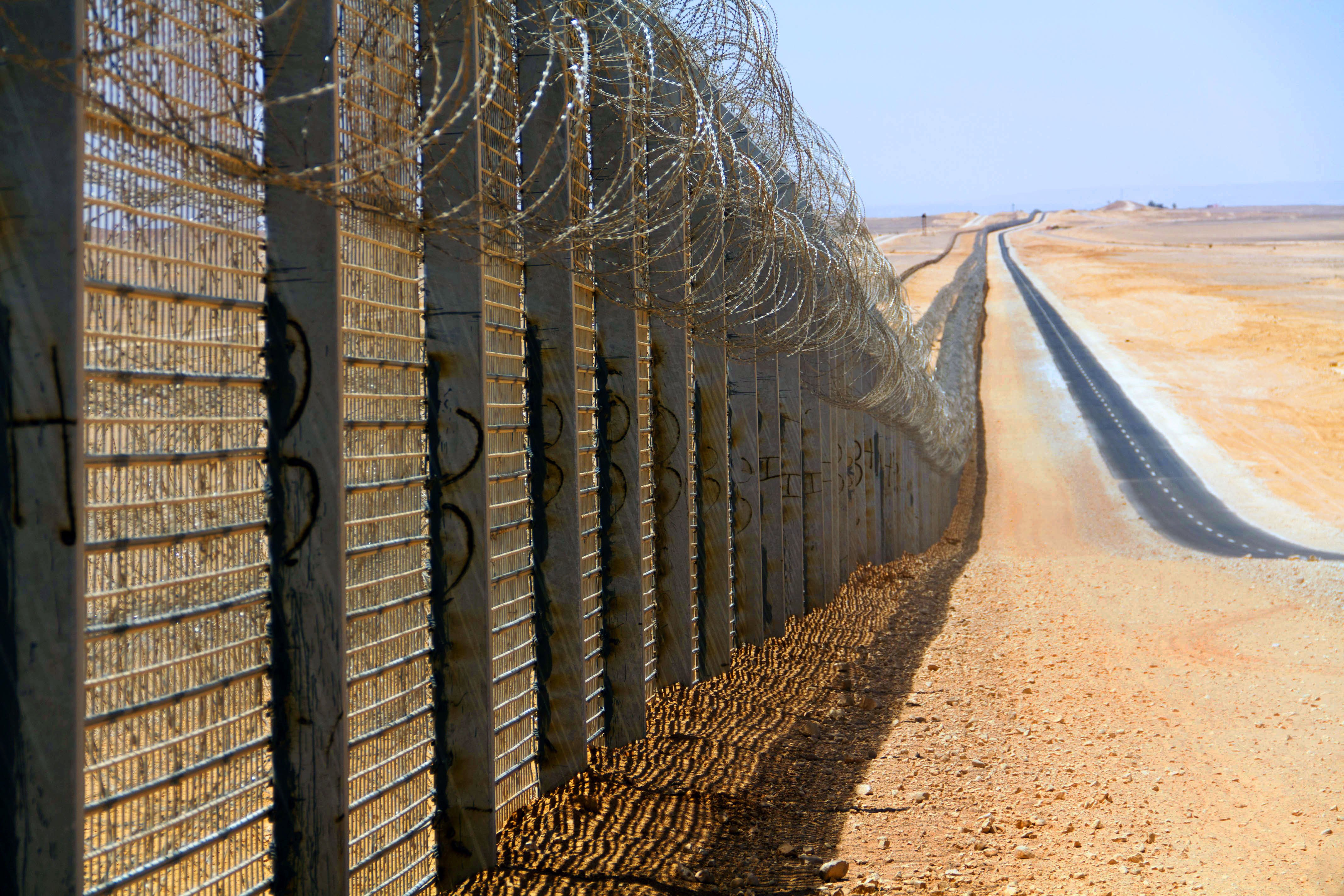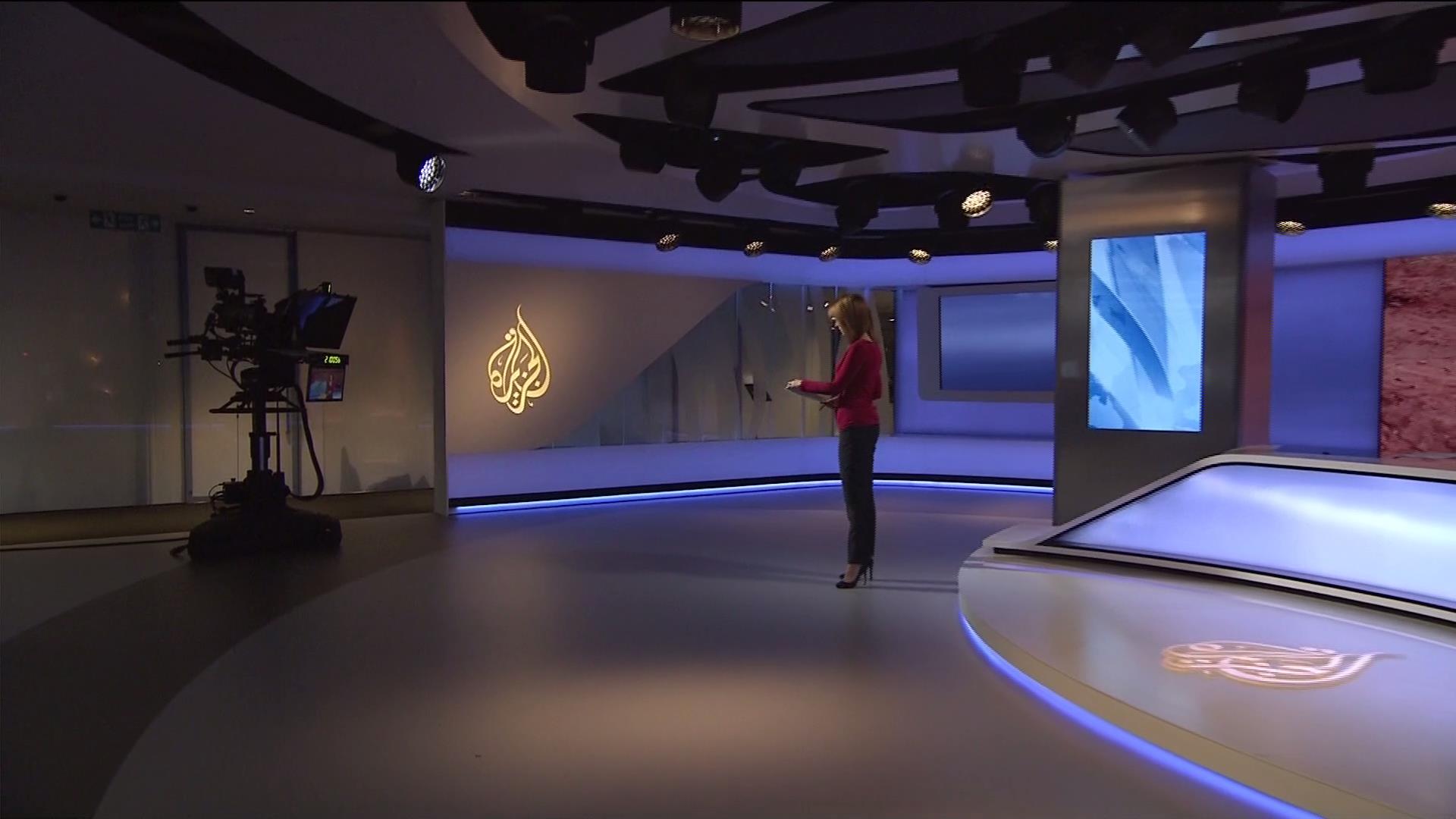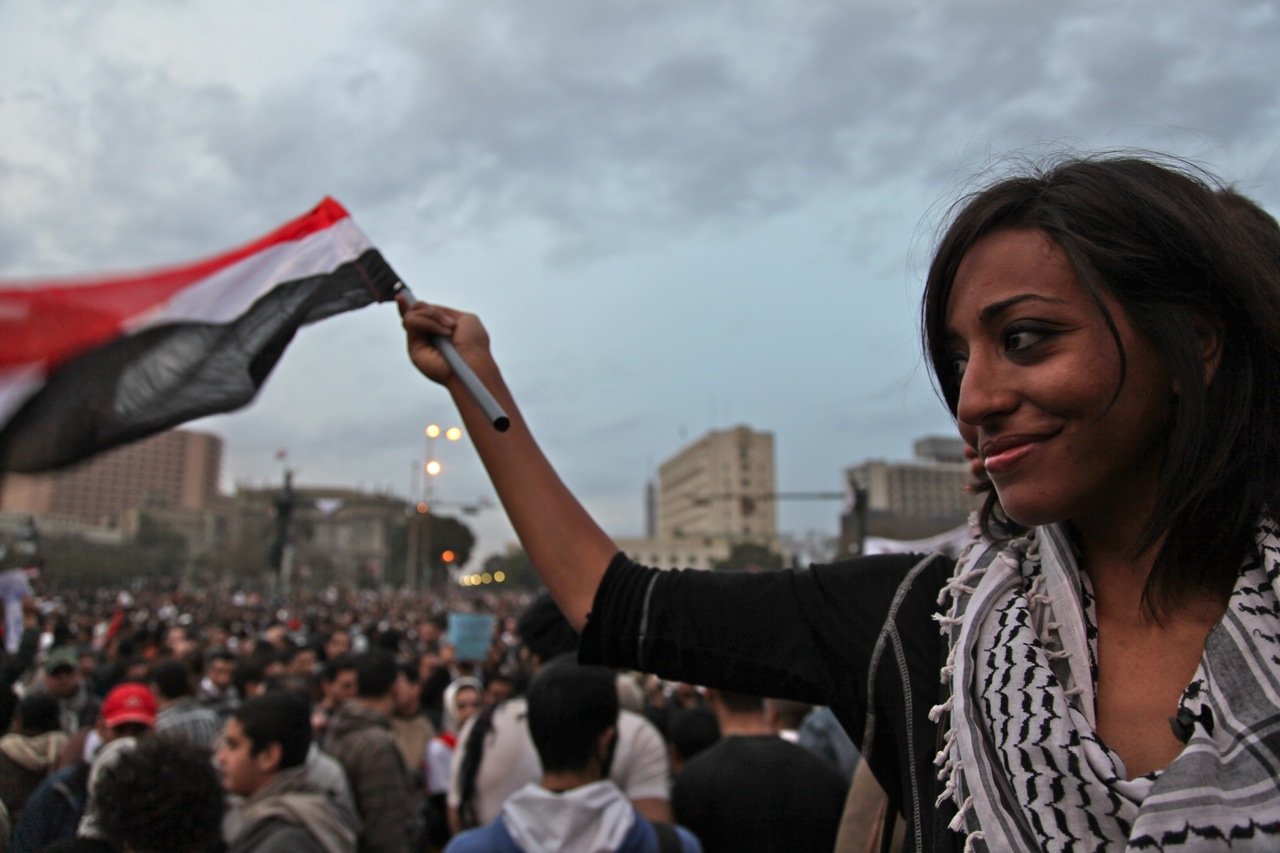Anna Rousillion’s feature documentary I Am the People follows Farraj and his family through four tumultuous years in Egyptian history, beginning just before revolution and chronicling their lives in its aftermath. Farraj, the film’s protagonist, is a wiry farmer in the southern province of Luxor, who earns a living tilling …
Read More »BOOK EXCERPT | Beirut: Past, Present, Future? Memory and Anxiety in Contemporary Lebanese Comics in Beirut, Imagining the City
The field of comics scholarship has expanded radically in the past decade as the medium has entered into the realm of mainstream academic discourse, thanks to the contributions of scholars who are themselves comic artists, like Will Eisner and Scott McCloud, and others, notably Hillary Chute and Jared Gardner.[1] Comics …
Read More »BOOK EXCERPT | Mohamed Chouikh: From Anticolonial Commemoration to a Cinema of Contestation in Ten Arab Filmmakers
The following is an excerpt from the anthology Ten Arab Filmmakers edited by Josef Gugler and published by Indiana University Press (2015). Mohamed Chouikh occupies a key position as a kind of relay between the post-colonial, idealized Algeria of the 1960s and what one might call the contested, dysfunctional Algeria …
Read More »BOOK EXCERPT | Syria’s Drama Outpouring from Syria from Reform to Revolt, Vol. 2
Enduring Commitment Syrian drama has oscillated between accommodating and challenging persistent authoritarianism, the Islamic tendency, and the neoliberal moment. In addition to sensational thrillers and costume dramas, Syrians continue to produce works that harken back to an earlier era of Arab cultural production. Realist dramas join sociopolitical satires in critiquing …
Read More »Nuqat’s “The Seventh Sense: Powering the Creative Economy”
Mention art, culture, and creativity and you’ve got Kuwait-based Nuqat’s seventh conference boosting innovation, promoting entrepreneurship, uncovering censorship, and serving as a teaching platform. This year’s three-day conference entitled “The Seventh Sense: Powering the Creative Economy,” delved into the capacity of the brain to come up with new ideas through discussions …
Read More »FILM REVIEW | Pressurized Conflict Laid Bare in Clash
Eshtebak (Clash) defies convenient stereotypes of heroes and villains. There are no comfortable answers, and there is no feel-good storyline; it is unapologetically raw and gritty. Clash compels audiences to doubt their perceptions of conflict and political antagonism, a vexing challenge for an Egyptian public accustomed to propagandist narratives on …
Read More »BOOK REVIEW | Visual Propaganda and Extremism in the Online Environment
Ronnie Close, an academic and assistant professor at the American University in Cairo, welcomes the volume into the discourse on visual content. He contextualizes the scholarly work by providing information on related fields, and he assesses the compilation's overall cohesion.
Read More »BOOK EXCERPT | Sinai: Egypt’s Linchpin, Gaza’s Lifeline, Israel’s Nightmare
In his most recent book, Mohannad Sabry examines a region that remains a mystery to people around the world. His thorough research and extensive field experience yield profound insight into the complex claims in the territory that have influenced Sinai's history and its present.
Read More »BOOK EXCERPT | Media Power and Global Television News: The Role of Al Jazeera English
In her recent book, Seba Bebawi assesses the veracity of Al Jazeera English's self-proclaimed role as a radical "counter-balance" to mainstream global media. She demonstrates a nuanced understanding of modern media through direct narrative comparisons of the same events covered by Al Jazeera English and by other media outlets.
Read More »BOOK EXCERPT | Media, Revolution and Politics in Egypt
With the demise of the second Arab autocrat within a month, people power seemed on the verge of revolutionizing the Middle East, a region known for its monarchs and presidents for life. Abdalla Hassan's book unpacks Egypt’s media and political dynamics—tracing events leading up to the 2011 revolution, the 18 days of uprising, military rule, an Islamist president’s year in office, his ouster by the army, and the reestablishment of the military presidency. Expanded freedoms of expression, in the press and on the streets, have contracted with the skillful reinvention of repression. This is the story of an uprising.
Read More » Arab Media & Society The Arab Media Hub
Arab Media & Society The Arab Media Hub
